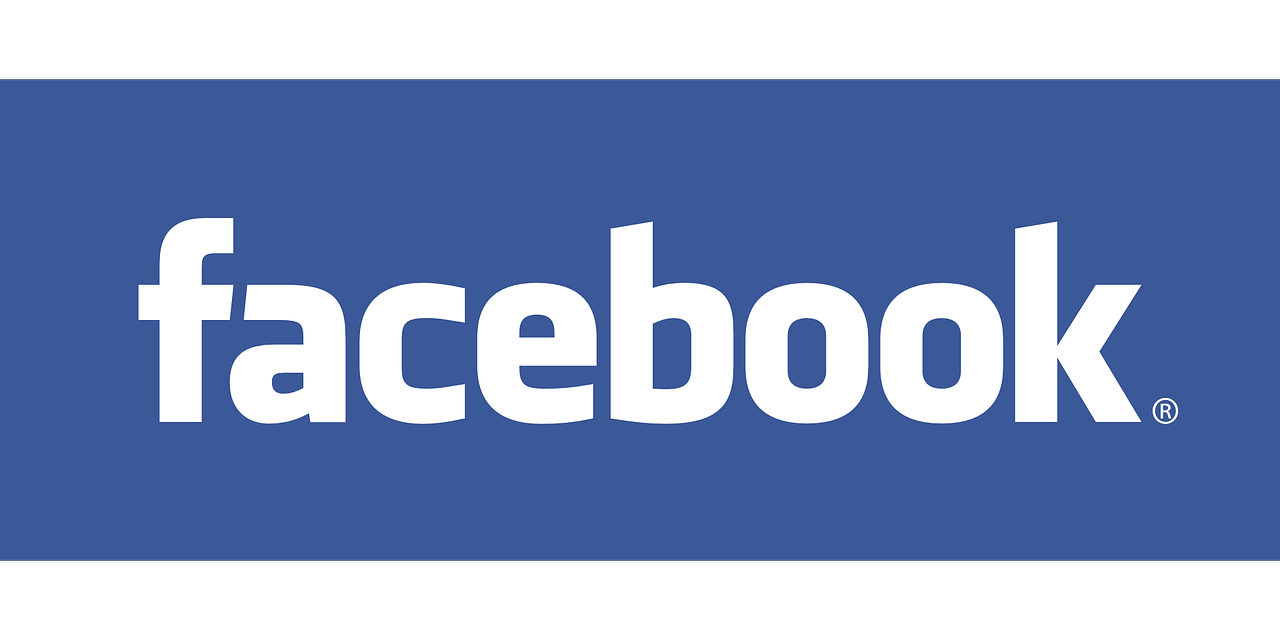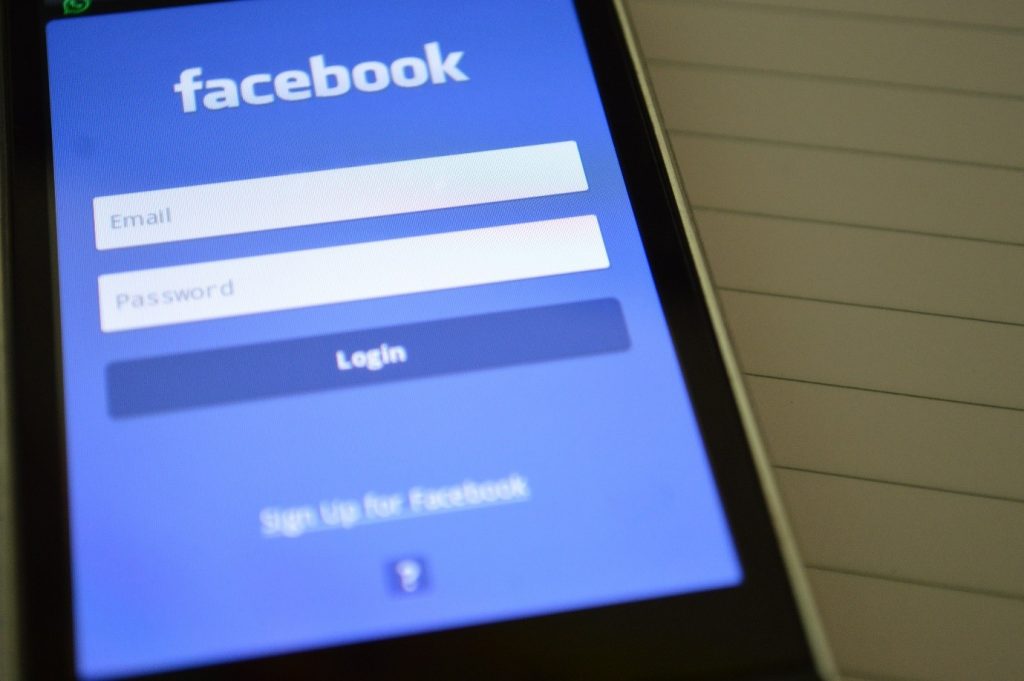What You Need to Know About the Facebook ‘Data Leak’


It’s been difficult to miss; tabloids have exposed a data breach at the social media giant Facebook, and unsuspecting members of the public have a right to be concerned.
With the words ‘security’, ‘scam’ and ‘leak’ being thrown around, the situation is not exactly being helped.
However, deciphering the influx of technological information can sometimes become more challenging than the actual breach – so what details do you actually need to know?
Here’s a brief overview of the situation:
The Basics
- Cambridge Analytica (a data analytics firm) wanted to collate data which would then be used by politicians to create a more targeted campaign plan.
- This information was pulled from Facebook, sourced from the ‘likes’ that the user awards certain pages or posts.
- These ‘likes’ determine what type of individual the user is – such as a neurotic introvert, a religious extrovert or a liberal fair-minded individual, for example, and could help politicians target their campaigns with more effectiveness.
- The information was collected by a third party and then purchased by Cambridge Analytica.
How Has This happened?
While widely termed as a data breach originally, it’s not considered as such now. Creators of the third party’s app, which was part of a research program being run by the Department of Psychology at the University of Cambridge, vehemently deny any wrong-doing or mismanaging of the data collected.
In Facebook’s Data Policy, clear stipulations of how personal information collected could be used, is visible for anyone to see on accepting the company’s terms and conditions.
Therefore, as users have full access to these conditions, Cambridge University’s Department of Psychology argues that users have knowingly agreed to them once they have signed up.
What’s The Problem?
The Department of Psychology, which has passed on the sensitive information to Cambridge Analytica, should not have done so.
As the original intended purpose for using the information was academic, this is in line with Facebook’s policies. Selling it on to an analytics company, however, is not.
For the analytics company to then use the information in a major U.S. presidential campaign, leading to questions of whether the personal information had unfairly affected votes, is where the main problem lies.
This, paired with the fact that Facebook has apparently been aware of the agreement since 2015, has raised considerable doubts and concerns over the safety of Facebook.
Within a matter of days, Facebook began to feel the effects of the shocking revelation.
A major #deletefacebook movement took over Twitter, urging users to log off for good, effectively deleting all information stored by the social media giant and cutting all formal ties with the company.
Facebook saw a staggering 7% drop in stock prices, equating to an eye-watering $5 billion of Mark Zuckerberg’s net worth.
What Happens Now?
All ties from Facebook have been cut with Cambridge Analytica and other associated individuals.
Facebook has updated their safety policies, and have acknowledged that changes need to be made to make the social media site a safer place for users.
Looking to the future, Facebook users can expect an easier-to-find privacy settings centre and an easier way to completely delete your account permanently.
As always, here at ICT Reverse, we will keep you updated on all of the latest from the world of tech.
